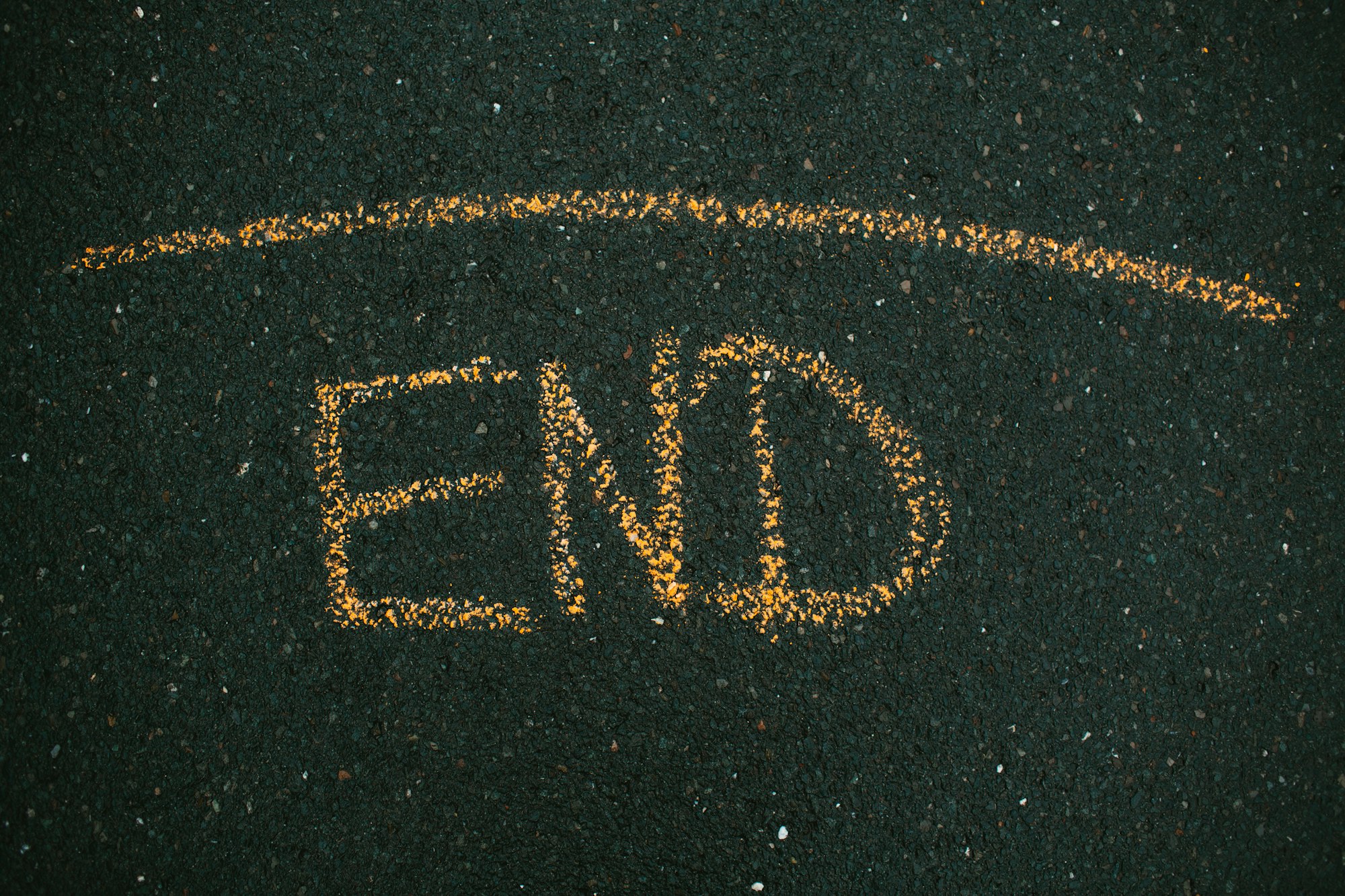Before I get to the article for today, I want to re-share last week's article on Indian clubs and the kettlebell swing. I had scheduled it and taken a week off from technology, and did not realise the videos were not embedded properly. Without the videos, the article is not really useful. I do hope you check it out again. Apologies for the inconvenience.
It is easy if you are having fun
Breaking old patterns and habits, and creating new ones is absolutely essential to keep improving. A couple of weeks back, I wrote about crafting a new routine to delay my morning coffee. In that scenario, science played a key role. I realised that the key was to raise the internal body temperature, and not the caffeine. So, hot water immediately on waking up helps. I realised that I need to give it some time for adenosine to clear from the system, to avoid a crash later in the day. So, heading out after the hot water to get some sunlight came in. Throw in walking the dog or jumping rope or doing some crawls, one can add a 45-60 minute delay to the coffee organically.
Compared to starting a fitness routine from scratch, delaying the morning coffee is easier. Even though the science behind why you need to get daily activity or strength train is solid, there are a lot more hurdles to figure out and contextualise. One simple factor that helps in picking up a new routine or habit is if it is fun. For example, back in 2007, I found CrossFit exhilarating and fun. Especially compared to the boring gym, littered with machines. It was easy to go and workout. I literally would jump out of bed and start thinking about how much fun I was going to have at SFCF. I would go to bed the previous night excited like a little kid about the next morning. This fuelled my first 3 months. By then, I had seen improvements in my general fitness, had integrated into the community, and it was a part of my daily routine.

But some new habits and routines are awkward and disruptive. The delay of the morning coffee, or skipping sugar/alcohol for a month, or skipping watching TV for a few weeks, or eating dinner 3 hours before bed (the latest one I am trialing out) are not really fun.
But it all comes down to results
All of it eventually comes down to results.
If we see results, then the habit sticks. If we don't see results, then the habit fails.
Results can mean a plethora of things. In a gym habit, results might be weight loss, or strength gain. Or it could be sleeping better, or having more energy, or gaining self-confidence, or being in a positive environment. It can be anything.
But if the results don't exist, it is impossible to build a habit.
Will it stick forever?
It is funny how this works. But many times, something works so well for us that we stop doing it.
The habit works so well that you have a paradigm shift. And because you are mentally now in a new place, you forget the fundamentals. You forget why you started doing what you were doing in the first place. You get cocky or distracted or whatever.
And you stop doing it.
The fix is simple. Get back to what worked for you.

A simple example is a training plan that does wonders for you. You get stronger and leaner. Your endurance improves. You are not beat up. You are not spending hours together at the gym. It works so well that you get excited and decide to do a much harder and more intense one. Which, after a few weeks, starts becoming harder to follow. And you start skipping days. And a few months later, you are doing random workouts and your results have stopped.
Start again.
The solution to any of this is simple.
This applies especially for foundational elements for us. Strength training is my keystone habit. A lot of things are built around it. If I get distracted and move away and do something else, let's say play 6 days of badminton - sooner or later, I know many of my other lifestyle decisions will suffer.
Start again.
Stop when it stops working for you
You stop doing something when it no longer works for you. And that's necessary. It was a tool that did a job. Now, you move on to a different tool.
But some go deeper. While CrossFit was a tool for a couple of years, it led me to kettlebell training which has been a mainstay of my life for a decade and more. Anytime I veer away, I realise other things slip up.

Sticking to something simply out of habit or nostalgia is unnecessary. Your loyalty is to yourself.
And so
- To craft a new routine, having fun is useful. Where possible, start here.
- Science helps. As in the delayed coffee example.
- But it all comes down to results. If you see results (which can be umpteen things), you will stick to it.
- Be aware that you will stop doing something because it works so well for you.
- And be aware that other times you will keep doing something long after it has stopped working for you.
- Start again!
